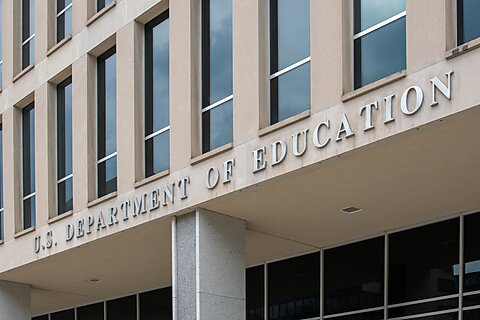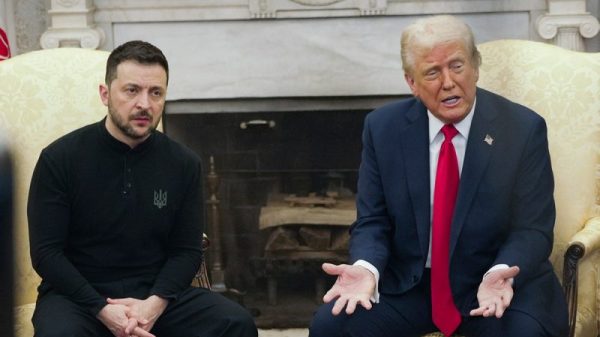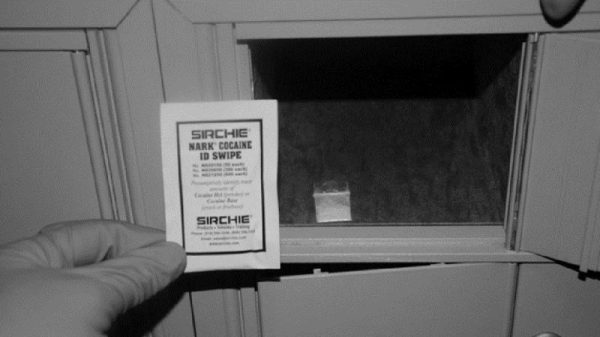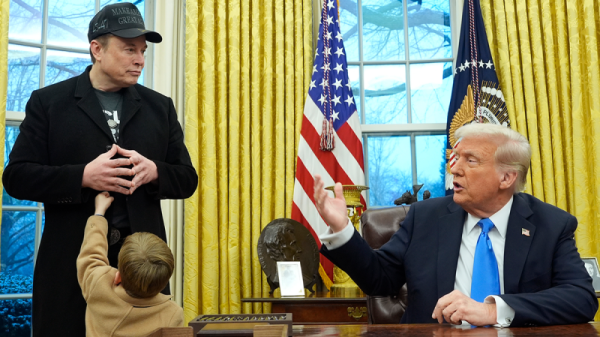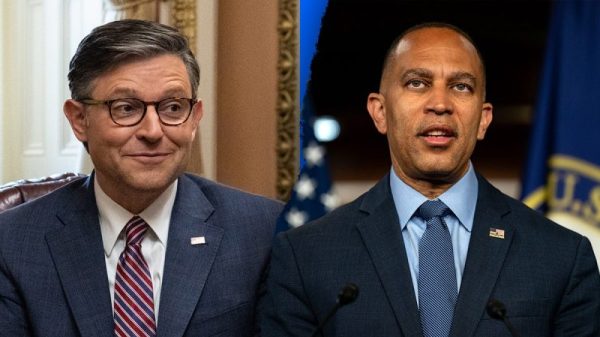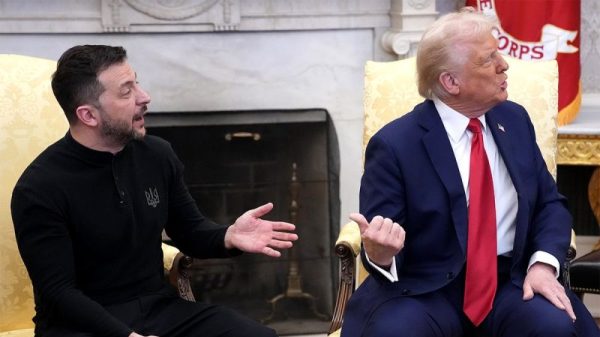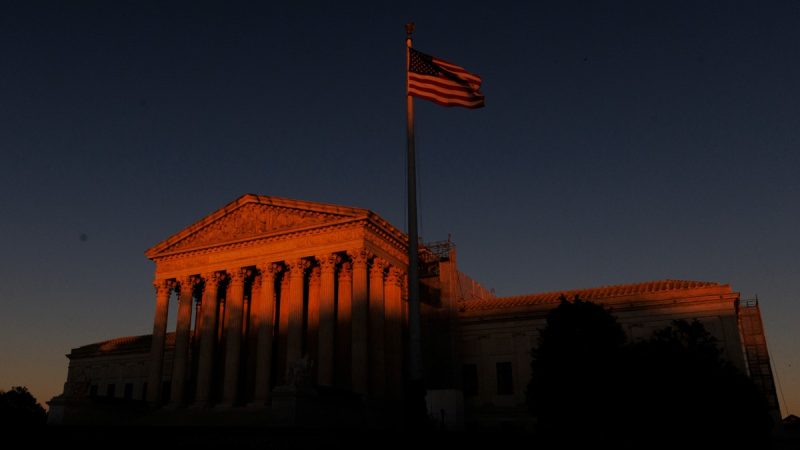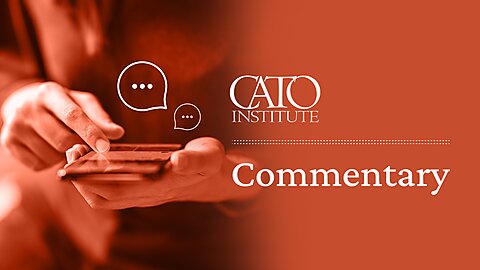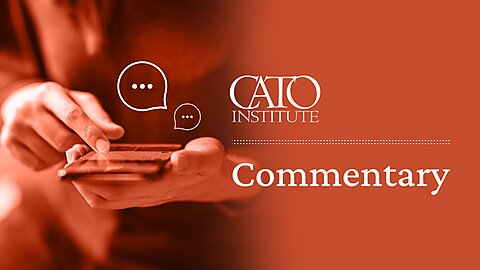
Separate ethics complaints filed by members of Congress and an advocacy group against Justices Clarence Thomas and Ketanji Brown Jackson will not be referred to the Justice Department, federal court officials announced.
The U.S. Judicial Conference said Thomas has agreed to follow updated guidelines on listing free private travel and gifts from friends, following previous reporting on undisclosed hospitality.
For her part, Jackson has amended her financial disclosures following complaints about her husband’s consulting income as a physician.
Democratic Sens. Sheldon Whitehouse (D-RI) and Ron Wyden (D-OR), along with Rep. Hank Johnson (D-GA), had asked for an investigation by the judiciary itself into undisclosed hospitality provided to Thomas by billionaire friend Harland Crow. ProPublica reported on several instances of private travel and lodging over the years.
Judge Robert Conrad, who heads the judicial conference policymaking body, said in letters to the lawmakers that Thomas had filed amended financial disclosures ‘that address several issues identified in your letter.’
Additionally, Conrad said that it was not clear whether the judiciary itself could make criminal referrals against a sitting Supreme Court member.
‘Because the Judicial Conference does not superintend the Supreme Court and because any effort to grant the Conference such authority would raise serious constitutional questions, one would expect Congress at a minimum to state any such directive clearly. But no such express directive appears in this provision,’ Conrad said.
Conrad noted that Whitehouse and Wyden had separately asked Attorney General Merrick Garland to name a special counsel to investigate then-former President Donald Trump. Garland has not acted yet on that request.
Whitehouse, in a statement, criticized the Judicial Conference’s decision.
‘By all appearances, the judicial branch is shirking its statutory duty to hold a Supreme Court justice accountable for ethics violations,’ said Whitehouse.
The complaint filed against Jackson came from Citizens for Renewing America, led by Russ Vought, who was nominated by President-elect Trump to lead the Office of Management and Budget.
Questions over ethics, including unreported private travel by some justices, have led the court to adopt its first code of ethics last year.
However, compliance is left to each of the nine justices, leading to concerns the court is not taking its own ethics enforcement standards seriously.
A two-year investigation by Senate Democrats released last week found additional luxury travel by Justice Thomas in 2021 was not noted on his annual financial disclosure form.
Fix the Court, a group which advocates for greater judicial transparency, urged Congress to act.
‘The Conference’s letters further underscore the need for Congress to create a new and transparent mechanism to investigate the justices for ethics violations since the Conference is unwilling to act upon the one method we had presumed existed to do that,’ said Executive Director Gabe Roth.
Related Topics
- Supreme Court
- Politics
- Federal Courts
- Judiciary






